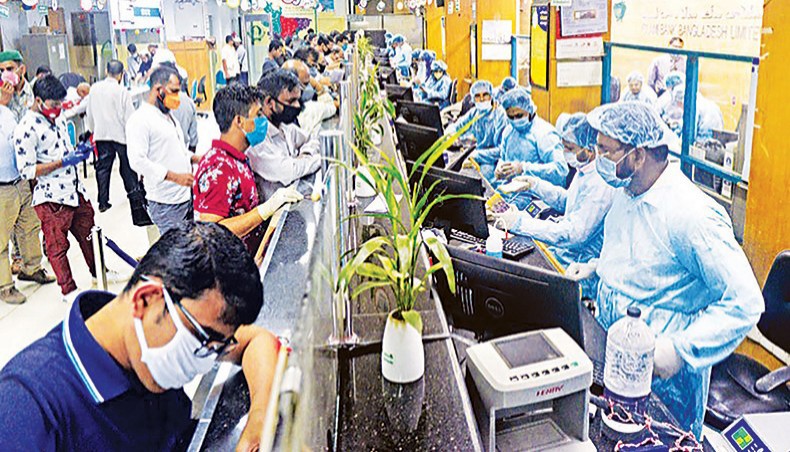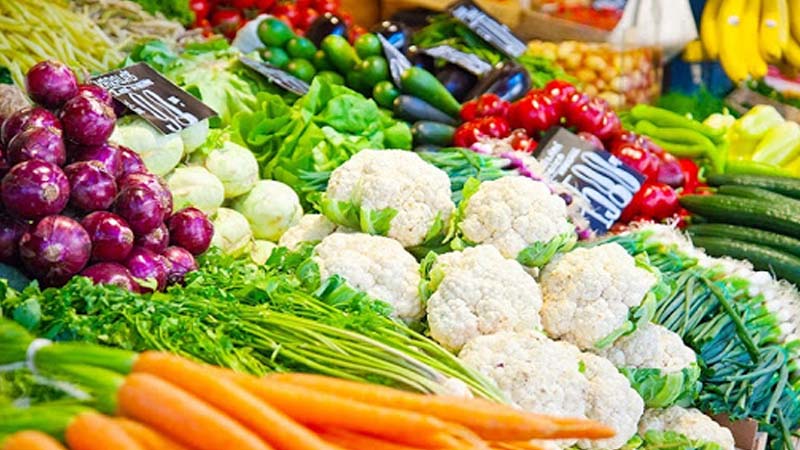News Headline :

COVID-19: Thirteen banks suffer negative credit growth in 2020
- Staff Correspondent
- 2021-02-28 00:09:09

Thirteen banks faced negative credit growth year-on-year as of December 2020 amid a plunge in demand following the coronavirus outbreak which caused businesses to refrain from taking fresh loans.
However, the situation improved in January as the businesses started to rebuild their production inputs following commencement of vaccination drives against the virus in different countries along with restoration of business activities within the country due to a very low infection rate.
Officials of the central bank said that the banks had suffered from negative credit growth mainly as the banks’ loan recovery from their customers in 2020 was higher than issuance of fresh loans to customers, resulting in negative growth.
In 2020, domestic credit growth and private sector credit growth were 9.91 per cent and 8.37 per cent respectively, remaining far lower than the central bank’s monetary projections.
The central bank projected to achieve 19.3-per cent domestic credit growth for the fiscal year 2020-2021 but later lowered the projection to 17.4 per cent to check inflation while private sector credit growth was set at 14.8 per cent.
The thirteen banks which suffered negative growth in 2020, excluding those with Shariah-based banking operations, are BASIC Bank, Eastern Bank, Jamuna Bank, NCC Bank, NRB Bank, Global Islami Bank, Shahjalal Islami Bank, Bank Alfalah, State Bank of India, Standard Chartered Bank, National Bank of Pakistan, Modhumoti Bank and Woori Bank.
Asked about the reason for the negative growth, Global Islami Bank managing director Syed Habib Hasnat told New Age, ‘We are yet to recover completely from the coronavirus issue and are living under an undeclared restriction.’
Global Islami Bank suffered 1.03 per cent negative credit growth in 2020.
Import declined significantly in the year so did credit growth, he said.
However, the situation has been improving gradually and that was evident with the increase in import in January, said Habib.
Even though imports may slow down somewhat in February due to the Chinese New Year celebrations, the situation would return to near normalcy before Eid-ul-Fitr, the managing director expected.
Asked if the bank had the scope for issuing fresh loans, Habib said that the bank had been issuing credit cautiously even though it had the capacity to issue fresh credit.
Apart from the thirteen banks, Islamic-Shariah wings of The City Bank, Prime Bank, Bank Alfalah, Citi Bank NA and Standard Chartered Bank faced negative credit growth in 2020.
Latest News












